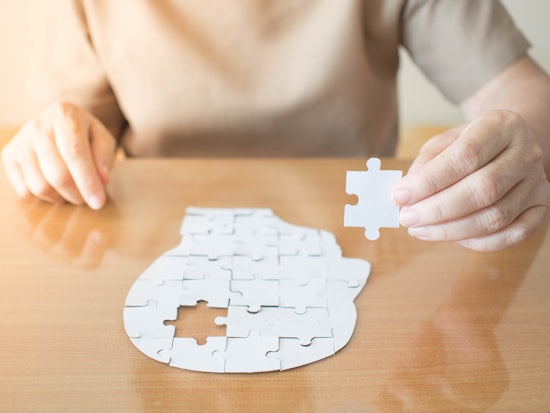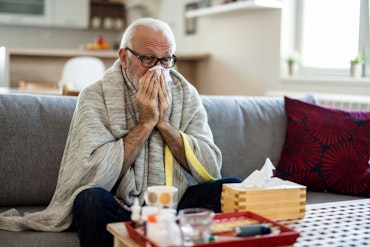Peaks take global approach to tackling dementia
National peak body and awareness organisation, Dementia Australia, has joined forces with 22 of the world’s leading dementia organisations as part of a new international awareness campaign.

Dementia Australia is working with a global alliance to remind people that #Every3Seconds someone is developing dementia (Source: Shutterstock)
The #Every3Seconds program, led by global peak body Alzheimer’s Disease International, aims to drive home the alarming statistic that #Every3Seconds someone in the world is developing dementia.
Statistics show that currently there are more than 50 million people estimated to be living with dementia globally, with this figure predicted to increase by 10 million this year alone.
With these staggering numbers, program partners, like Dementia Australia, will call on communities and Governments all over the world to commit to addressing this trillion-dollar disease.
Dementia Australia Chief Executive Officer Maree McCabe says the program highlights that dementia is the global health and social challenge of this century that needs a renewed and sustained focus by Governments and communities world-wide.
“In Australia more than 425,000 Australians are living with dementia, with an estimated 250 people with dementia joining the population each day,” Ms McCabe explains.
“Without a medical breakthrough, the number of people with dementia is expected to increase to an estimated 1.1 million in 2056 in Australia.”
The program that Dementia Australia has signed up to, includes a series of news-style films that capture the stories of many different dementia organisations around the world, through the voices of people impacted.
The videos demonstrate the united commitment to increasing awareness about dementia and important messages that need to resonate globally – that dementia is not a natural part of ageing, but is in fact a disease of the brain.
Dementia Australia’s #Every3Seconds contribution brings to life the world-first innovations developed on home soil using cutting edge, virtual reality technology, interactive 3D games and apps aiming to build empathy in carers, increase understanding about dementia and how changes in the environment can make a huge difference to the quality of life and care of people living with dementia.
Ms McCabe presented at the conference in Chicago that launched the initiative, showcasing Dementia Australia’s world-leading technology to improve understanding about dementia and improve the quality of life and care for people living with dementia.
“The #Every3Seconds program is an opportunity to showcase Dementia Australia’s award-winning Virtual Dementia Experience, Educational Dementia Immersive Experience (EDIE), VR workshops, The Dementia-Friendly Home app, and The Virtual Forest – a game for people living with dementia to enjoy,” Ms McCabe says.
“Dementia Australia has led the world in the application of technology to improving the lives of people impacted by dementia and the #Every3Seconds program is the perfect platform to showcase this internationally.
“The technology is transforming the quality of life of people living with dementia and influencing changes in practice in Australian dementia care.”
Federal Minister for Aged Care Ken Wyatt acknowledges the important role of initiatives aiming to tackle dementia, supporting Dementia Australia’s role in #Every3Seconds.
“I congratulate Dementia Australia for its involvement in the program,” he says.
“Initiatives like #Every3Seconds are important in building the collective awareness and strength I want to see grow across our nation.
“It is critical we find effective preventions and cures, otherwise we can expect 1.1 million Australians to have dementia by the middle of this century, meaning more than 600 people a day will be at risk of developing the condition.”
The Minister also highlights that the Government has committed $5.3 million in the recent Budget for a pilot program to improve day-to-day care for people living with dementia, with an emphasis on using innovative technologies, as well as noting the recent establishment of the Australian Dementia Network, or ADNeT.
“This aims to turbocharge our quest for cures, prevention and better management of the condition,” Minister wyatt explains.
“In just a few weeks, ADNeT has generated phenomenal interest, as it works to begin collating a massive database of Australians living with dementia and to build a network of thousands of test-ready volunteers, which could speed up the trialling of cures and new technologies by three years.
“While this world-class science is lifting the hopes of many and holds much promise, equally important are awareness programs like #Every3Seconds and the Dementia Friends initiative.”











![The new Aged Care Act exposure draft is slated for release in December of 2023, but advocates hope to see it rolled out on January 1, 2024. [Source: Shutterstock]](https://agedcareguide-assets.imgix.net/news/articles/wp/agedcareact__0811.jpg?fm=pjpg&w=520&format=auto&q=65)












Comments